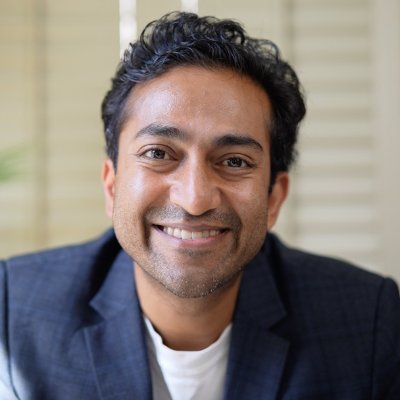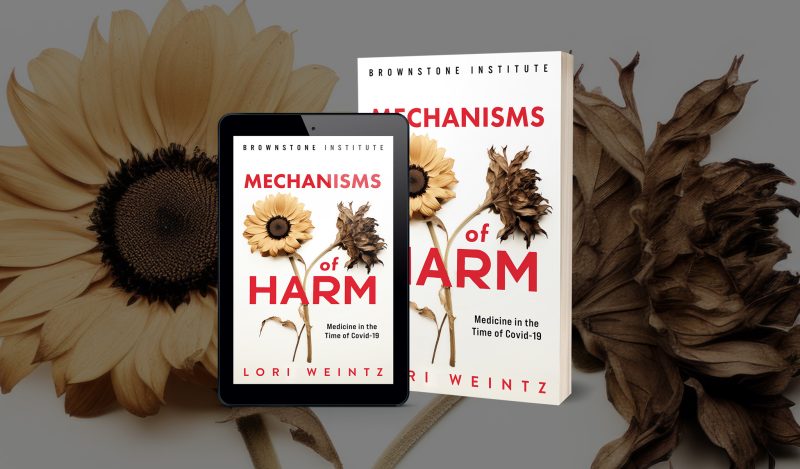Germany and France have decided that because of the excess risk of myocarditis the Moderna vaccination should not be given to people less than 30 years old. News reports suggest that myocarditis is 5 times more common with Moderna than Pfizer at these ages. Given that Pfizer is available, tolerating the excess harms of Moderna for people in this age group is obviously unsound policy. Accordingly, Germany and France have made the right decision.
There are immediate policy implications for the United States, if we have the courage to heed them.
First, the USA has to grapple with the question: Are we truly committed to maximizing the benefit and minimizing the harms of vaccination? Throughout this pandemic, I struggled to understand US decision making. When we learned that J&J vaccination was linked to thrombosis (VITT) preferentially in women <40, and given that alternative vaccines were available, I argued we should suspend vaccination in that age group for that product, but this was notably not pursued by regulators. We should not make the same error here.
For that reason, the USA must immediately follow suit with Germany and France. It is unjustified to continue administering Moderna for people < 30 when the excess risk is known, and a safer alternative exists. Drug safety expert and Professor of Medicine Walid Gellad concurs:
There is a very simple way to improve vaccine safety and still reap all the benefits.
— Walid Gellad, MD MPH (@walidgellad) November 11, 2021
Moderna now acknowledges its higher rate of myocarditis. The US, like multiple other countries now, should favor Pfizer over Moderna for males under 30.https://t.co/uXneLDWXGZ
This decision shows that it is possible to learn additional safety information after product launch that can better tailor the use of vaccines to maximize benefit and minimize harm. Now reconcile this fact with the language used by many professionals when products are debuted, which are unequivocal and fail to acknowledge uncertainty. I would strongly suggest we temper our comments about vaccines among kids 5 to 11 until further data comes forward.
The decision has immediate implications for ongoing vaccination efforts. We should be randomizing people, who have elected to undergo vaccination, to variations in dose and timing of dose 2 for the Pfizer vaccine. This should happen for anyone under the age of 40, and particularly for kids aged 5 to 11.
Ongoing studies should attempt to see if toxicity can be mitigated with reduced dose or prolonged interval between doses. It makes little sense to scale up a suboptimal dosing regimen, and post-market RCTs are possible here. With kids 5 to 11, there remains massive uncertainty as to the harms (there may be harms, but there might also not be— we simply don’t know).
Testing variations in dose and schedule is logical. Already 1 million children (5 to 11) have gotten dose 1. A trial can be run among willing participants and randomize some people to get dose 2 on schedule (21 days), some on day 60, some on day 180, and some can forgo dose 2 entirely, and within months we will know which strategy is best.
Ironically, not conducting a trial like this is a real experiment. It means we will continue a massive vaccination campaign with little idea if our dosing and timing is optimized for benefit/ harm balance.
We need to see troponin levels and cardiac MR performed on 10,000 random recipients of vaccination at all ages to document if subclinical myocarditis exists. We urgently need long-term follow up on patients with myocarditis to see if a fraction (even a tiny one) develops long-term sequelae.
Europe has made fewer unforced errors than the USA. They did not mask 2-year olds without data; They were (and still are) more reluctant to vaccinate younger individuals, and they take myocarditis seriously. We have a lot to learn from them on how to balance drug efficacy with safety.
Adapted from the author’s blog.
Published under a Creative Commons Attribution 4.0 International License
For reprints, please set the canonical link back to the original Brownstone Institute Article and Author.









